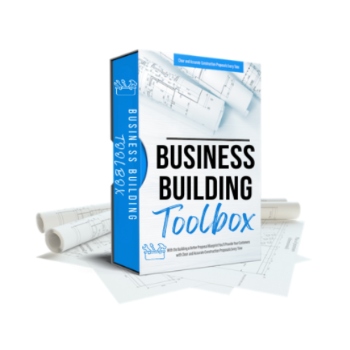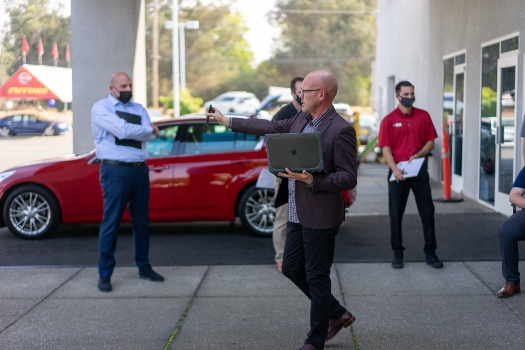Too Many Times This is Exactly Where Dreams Get Left
Dreams don’t magically build themselves. This includes a dream business.
For years people in the construction industry have asked me where I got the business system and tools that I use in my construction company. After my accident in 2012, I spent a lot of time thinking about this. That was when it became clear to me that my business and life had been on autopilot without much intentionality.
Being hit upside the head caused me to think about my life and business and how they weren’t what I had expected them to be.
Not that things were terrible…just not what I had envisioned.

There was so much more that I wanted to accomplish. I had been going through the motions of living without acting on the plan.
At that point I decided to become intentional and take action. I’ve always been a planner, but it’s sad that it took a hit in the head for me to realize that planning wasn’t going to accomplish my dreams without action.
When we’re young the tendency is to think that we have all the time we need. There’s no hurry…we’ll get around to it someday. Then one day we wake up and realize life has flown by, and we haven’t done all those things we wanted to.
Don’t wait to be smacked in the head to take action.
Think of your life or business as a construction project. It begins with a dream but doesn’t end there. You can see the vision of the completed project in your mind. The tricky part is getting that dream out of your head and making it a reality.
Having the dream drawn out is a step in the right direction, but it’s only the first step. It’s a great time to make changes and corrections, rather than waiting until construction, but the building still isn’t done.

It’s good to have the help of a professional when drawing out your plans for building your dream. Their experience, knowledge, and skill can save you time and money. Done well, it will make the entire process more productive.
But a dream drawn on paper is still not done.
Too many times this is where the dream gets left. It takes time and effort to build, and the cost of building can be scary.
This is where having the right tools and systems can help you turn that business you’ve always dreamed of into a reality. It takes intentional action to build anything.
Take intentional action today.
After continually being asked about our business tools and systems at Timber Creek Construction, we knew there was a need. People in the construction industry were looking for help with building their dream businesses.
This is why we put our tools and systems in the Business BUILDing Toolbox. This toolbox gives construction businesses access to the tools that we use at Timber Creek Construction every day.
Normally $297, the Business BUILDing Toolbox is currently being offered at a Holiday price of $147 through Nov. 30th.
You can learn more about the Business BUILDing tools here or you can schedule a free 30-minute consultation to ask about them.
Don’t wait to be smacked in the head to take action because the business of your dreams isn’t going to build itself.

Some content from a previous post on May 26, 2018.





































